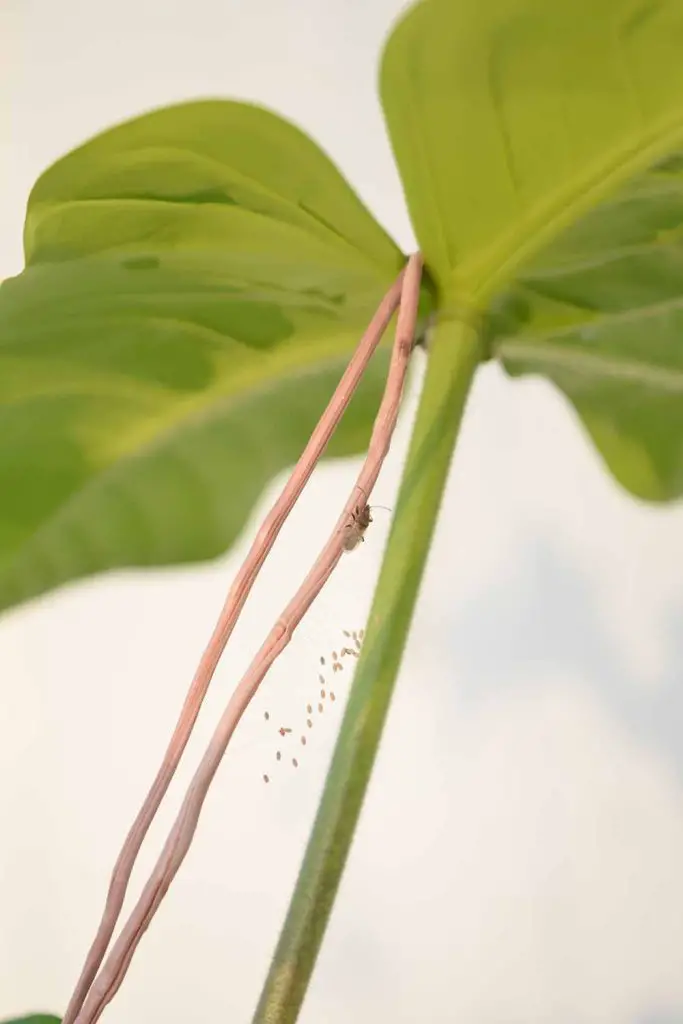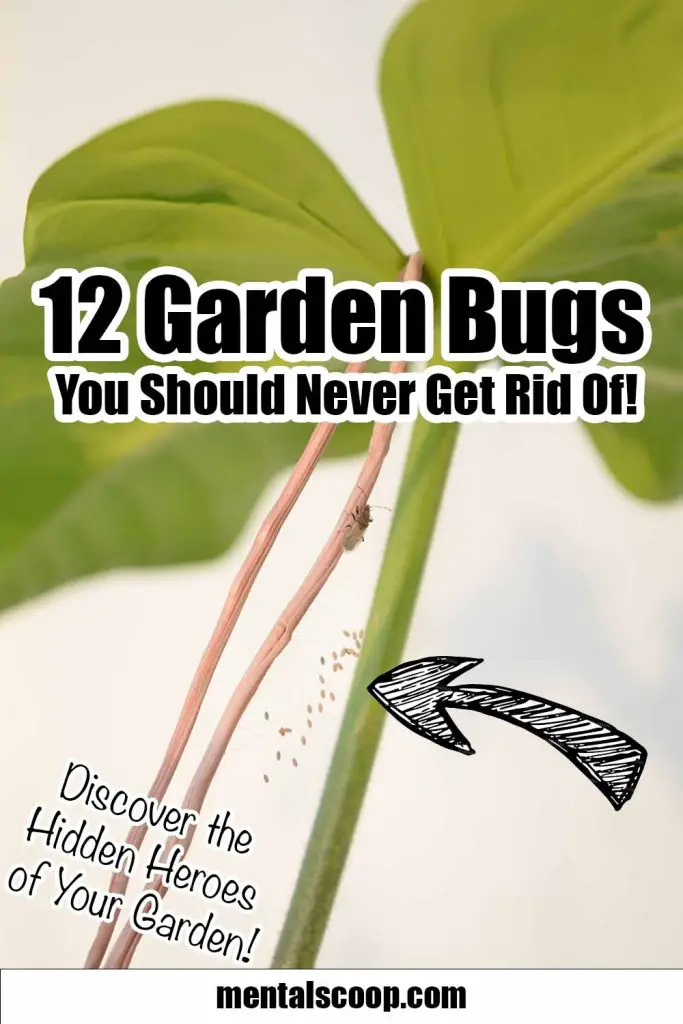12 Garden Bugs You Should Never Get Rid Of!

When we think of garden pests, it’s easy to get caught up in a battle of eradication. However, many insects play critical roles in maintaining the balance of our ecosystems.
Some of these beneficial bugs can help protect your garden, increase biodiversity, and even enhance plant growth. Let’s explore the 12 garden bugs you should never get rid of!
Ladybugs (Coccinellidae)
The Voracious Aphid Eaters
Ladybugs are a gardener’s best friend. Known for their vibrant red and black spots, these tiny insects are voracious predators of aphids, whiteflies, and other plant pests.
A single ladybug can consume up to 5,000 aphids in its lifetime! By keeping aphid populations in check, ladybugs help prevent the spread of diseases and support plant health.
Lacewings (Chrysopidae)
The Delicate Hunters
Lacewings, with their delicate green bodies and lacy wings, are formidable predators in their larval stage. They feed on aphids, caterpillars, and mites. Known as “aphid lions,” lacewing larvae can consume up to 200 pests in a single week, making them invaluable for natural pest control.
Ground Beetles (Carabidae)
The Nocturnal Predators
Ground beetles are a diverse group of insects that are primarily active at night. They feast on slugs, caterpillars, and other soil-dwelling pests that can wreak havoc on your garden. These beetles play a crucial role in maintaining a healthy soil ecosystem by helping to control pest populations.
Hoverflies (Syrphidae)
The Pollinating Warriors
Hoverflies, often mistaken for small bees or wasps, are excellent pollinators. Their larvae are voracious predators of aphids and other soft-bodied insects. Adult hoverflies contribute to the pollination of a wide variety of plants, boosting your garden’s productivity.
Praying Mantises (Mantodea)
The Ambush Experts
Praying mantises are skilled hunters that help manage pest populations by feeding on flies, moths, and caterpillars. Their unique hunting style involves patience and precision, making them effective at keeping unwanted pests under control.
Spiders (Araneae)
The Natural Pest Controllers
Spiders might not be everyone’s favorite, but they are among the most effective natural pest controllers. They feed on a variety of insects, including flies, mosquitoes, and beetles. By keeping spider populations healthy in your garden, you help maintain a balanced ecosystem.
Dragonflies (Anisoptera)
The Aerial Acrobats
Dragonflies are a sight to behold with their dazzling flight patterns and iridescent wings. They feed on mosquitoes, flies, and other small insects, making them essential for keeping pest populations down. Dragonflies are also indicators of a healthy environment, thriving in gardens with ample water sources.
Tachinid Flies (Tachinidae)
The Parasitoid Powerhouses
Tachinid flies are parasitoids, laying their eggs on or inside host insects like caterpillars and beetles. When the eggs hatch, the larvae feed on the host, effectively controlling the pest population. Their role in regulating destructive insects makes them valuable allies in the garden.
Braconid Wasps (Braconidae)
The Tiny Pest Exterminators
Braconid wasps are small but mighty. They lay their eggs inside aphids, caterpillars, and beetles, and the larvae consume the host from the inside. This natural form of biological control helps reduce the need for chemical pesticides.
Damsel Bugs (Nabidae)
The Generalist Predators
Damsel bugs are versatile predators that feed on aphids, caterpillars, and leafhoppers. They are particularly useful for controlling pests on a wide range of plants, helping to maintain the health of your garden.
Fireflies (Lampyridae)
The Nighttime Guardians
Fireflies, known for their enchanting light displays, are also effective predators. Their larvae feed on slugs, snails, and other soft-bodied insects. Encouraging fireflies in your garden can help keep slug populations in check.
Bees (Apidae)
The Ultimate Pollinators
No list of beneficial garden insects would be complete without bees. These hardworking pollinators are essential for the reproduction of many flowering plants. Encouraging a bee-friendly garden ensures a bountiful harvest and supports biodiversity.
By embracing these beneficial insects, you create a more resilient and vibrant garden ecosystem. Remember, not all bugs are pests; some are allies in disguise. Encourage these natural helpers to thrive in your garden, and they will reward you with healthier plants and a more sustainable environment.
So next time you spot a bug, take a closer look – it might just be one of your garden’s greatest allies!

More interesting articles you may be interested in reading:

